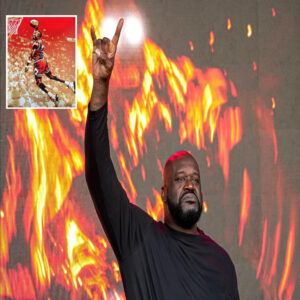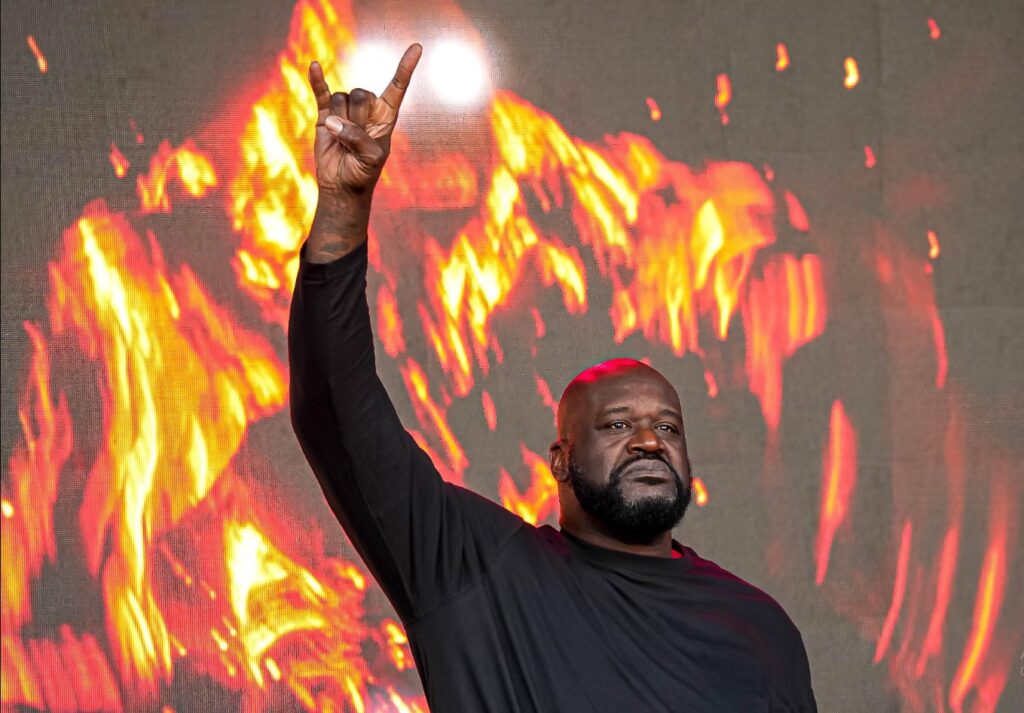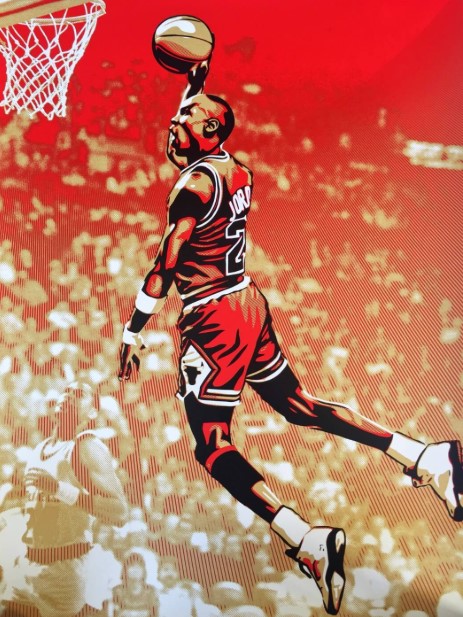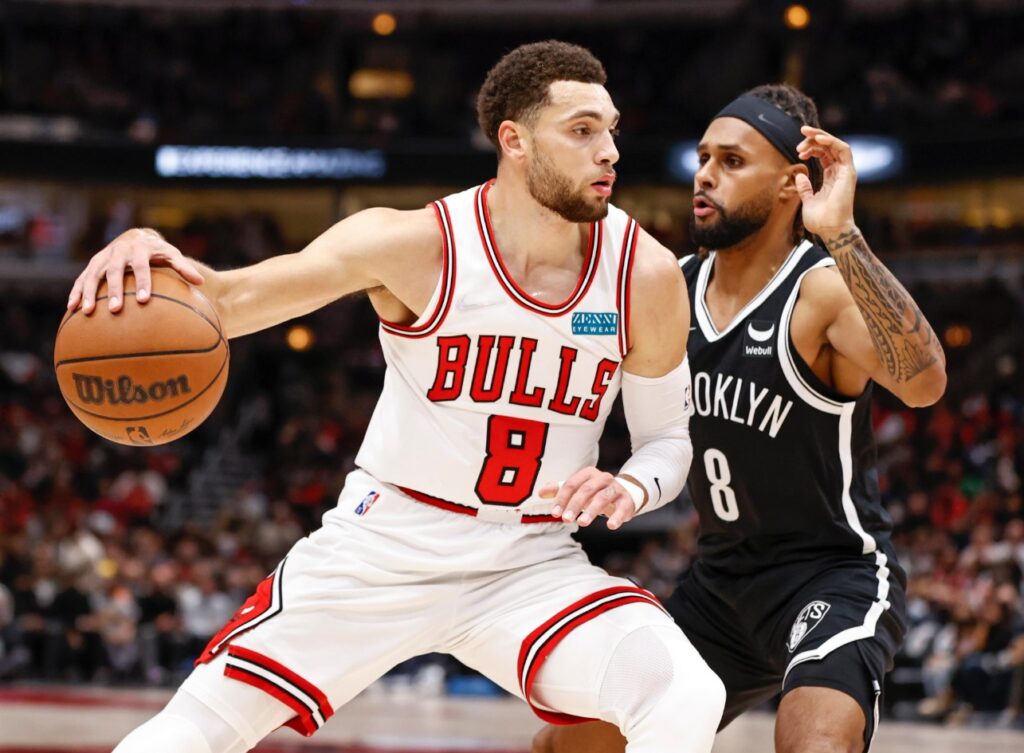The Giant’s Fear: Shaquille O’Neal’s Shocking Confession About the 4 NBA Legends Who ‘Terrified’ Him
Throughout the annals of basketball history, few players have commanded the same level of respect and fear as Shaquille O’Neal, the towering seven-foot-one, 325-pound force of nature who dominated the NBA landscape for nearly two decades with his unprecedented combination of size, strength, and surprising agility. However, in a stunning revelation that has sent shockwaves through the basketball community, the legendary center has publicly admitted that despite his intimidating physical presence and four championship rings, there were four specific players who absolutely “terrified” him during his illustrious career, providing a rare glimpse into the vulnerable psyche of one of the game’s most dominant figures.

The admission came during his tenure as an analyst on the beloved Inside the NBA show, where O’Neal confessed: “I mentioned this a couple years a couple months ago about when I was playing against Jordan how terrified I was. There was only a couple players that when I first went up against, I was terrified.” This candid confession reveals an extraordinary paradox in professional sports, where the player who struck fear into countless opponents’ hearts was himself plagued by anxiety and intimidation when facing certain legendary adversaries who had already established their dominance in the league.
The first player on O’Neal’s list of feared opponents was none other than Michael Jordan, the universally acclaimed greatest basketball player of all time, who had already captured two championships and established himself as an unstoppable force by the time the young rookie from LSU entered the NBA in 1992. O’Neal’s explanation for his fear of Jordan was multifaceted: “For one, he’s the greatest player. Two, I was worried about him dunking on me and having to go back and face the fellas. And then three, he was just so hot. Like, the stuff that I saw when I was in college on tv, it’s like really real. I was terrified.” This remarkable admission demonstrates how even the most physically imposing athletes can be psychologically affected by the reputation and aura of their opponents, particularly when facing someone who had already achieved legendary status in the sport.
Patrick Ewing, the archetypal center of the 1990s and O’Neal’s childhood idol, represented the second source of terror for the young Magic rookie, creating a fascinating dynamic where admiration transformed into intimidation on the basketball court. O’Neal’s emotional connection to Ewing was deeply personal: “As a youngster I used to practice all these old school moves… really old school moves. Then one day I was watching Patrick Ewing in Georgetown. Big guy. Mean. Physical. Throwing people around. Running the court.” The psychological impact of facing one’s hero in professional competition created an unprecedented level of anxiety for O’Neal, who had to confront the reality that his childhood idol was now his direct opponent in the most competitive basketball league in the world.

The third player who instilled fear in the young Shaquille O’Neal was Dominique Wilkins, the electrifying Atlanta Hawks forward known as the “Human Highlight Film” for his spectacular dunking ability and athletic prowess that captivated basketball fans throughout the 1980s and early 1990s. O’Neal’s concern about facing Wilkins was specifically related to the potential embarrassment of being posterized: “Man, I was terrified of getting dunked on by Dominique.” This fear reveals the psychological pressure that professional athletes face not only in terms of winning and losing games, but also in maintaining their reputation and dignity in individual matchups that could be replayed countless times on highlight reels and become permanent fixtures in basketball lore.
David Robinson, the San Antonio Spurs’ “Admiral” and one of the most fundamentally sound centers in NBA history, completed O’Neal’s quartet of feared opponents, presenting a unique challenge because of his exceptional character and sportsmanship both on and off the court. O’Neal’s approach to facing Robinson required a psychological manipulation of his own mindset: “I loved him so much that I had to make up a fake story to be able to play against him because David was a nice man. He’s just so nice. So, now when I play against him I’m like, ‘I can’t be mean to a guy that nice and then I have to make up a story’… Because me, when I get upset, I play harder and I play better. So, I had to make up a wild story in my head to go against him.” This extraordinary confession demonstrates the complex mental strategies that elite athletes employ to maximize their performance, even when it requires creating fictional narratives to generate the necessary emotional intensity.

The revelation of these four players who “terrified” Shaquille O’Neal provides invaluable insight into the psychological aspects of professional sports that are rarely discussed publicly, particularly the vulnerability and humanity that exists beneath the surface of even the most dominant and intimidating athletes. These admissions challenge the conventional narrative of fearless competitors and reveal the complex emotional and mental processes that shape athletic performance at the highest level, reminding us that even the most physically imposing players are human beings who experience doubt, anxiety, and intimidation when facing exceptional opponents who have already established their legendary status in the sport.
Furthermore, O’Neal’s willingness to openly discuss these fears and vulnerabilities demonstrates a level of self-awareness and emotional intelligence that transcends his physical dominance on the basketball court, providing younger players and fans with a more complete understanding of what it means to compete at the highest level of professional sports. The fact that these four players – Michael Jordan, Patrick Ewing, Dominique Wilkins, and David Robinson – all achieved Hall of Fame status and left indelible marks on basketball history validates O’Neal’s instinctive recognition of greatness and his honest acknowledgment of the psychological impact that truly elite competitors can have on their opponents.

In the broader context of sports psychology and athletic performance, O’Neal’s confessions serve as a powerful reminder that fear and intimidation are natural human responses that can coexist with exceptional talent and achievement, ultimately contributing to a more nuanced and complete understanding of what it means to be a champion in professional athletics. These revelations humanize one of basketball’s most dominant figures while simultaneously elevating the status of the four legendary players who managed to instill fear in the heart of a man who terrorized countless opponents throughout his own Hall of Fame career, creating a fascinating circular narrative of respect, fear, and mutual admiration among the game’s greatest practitioners.